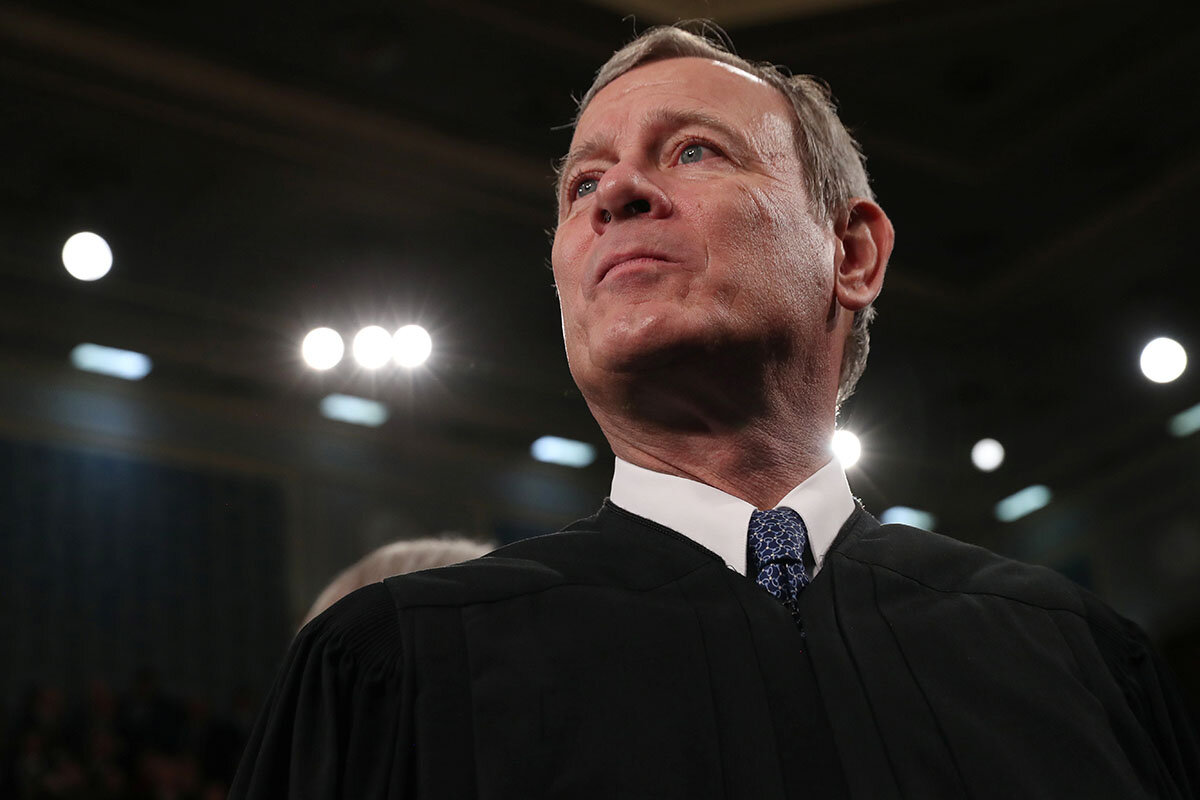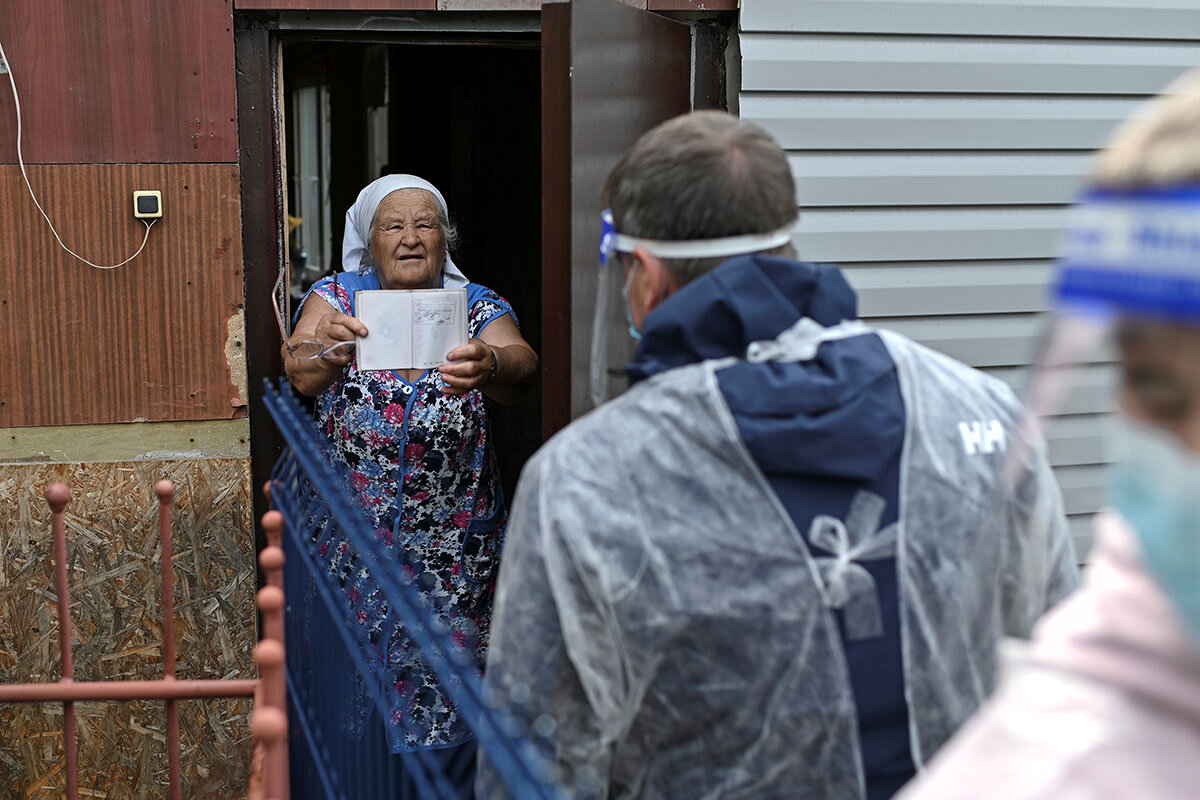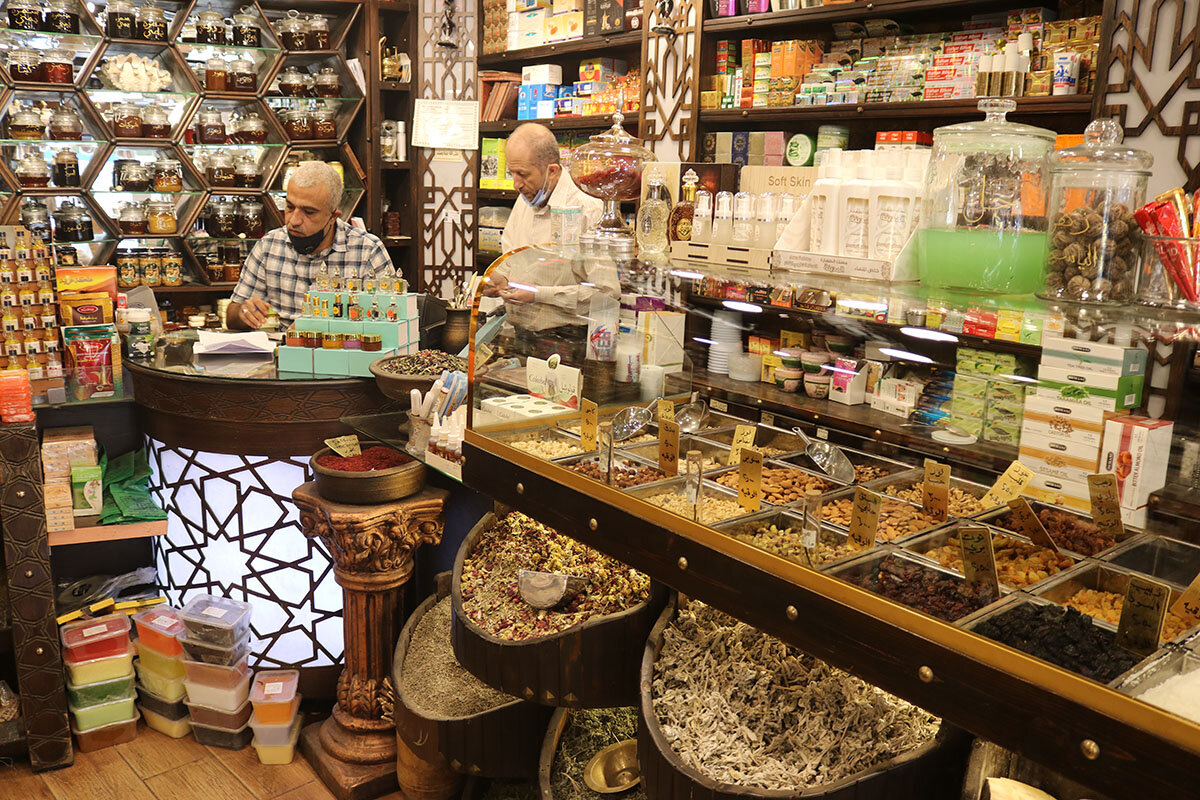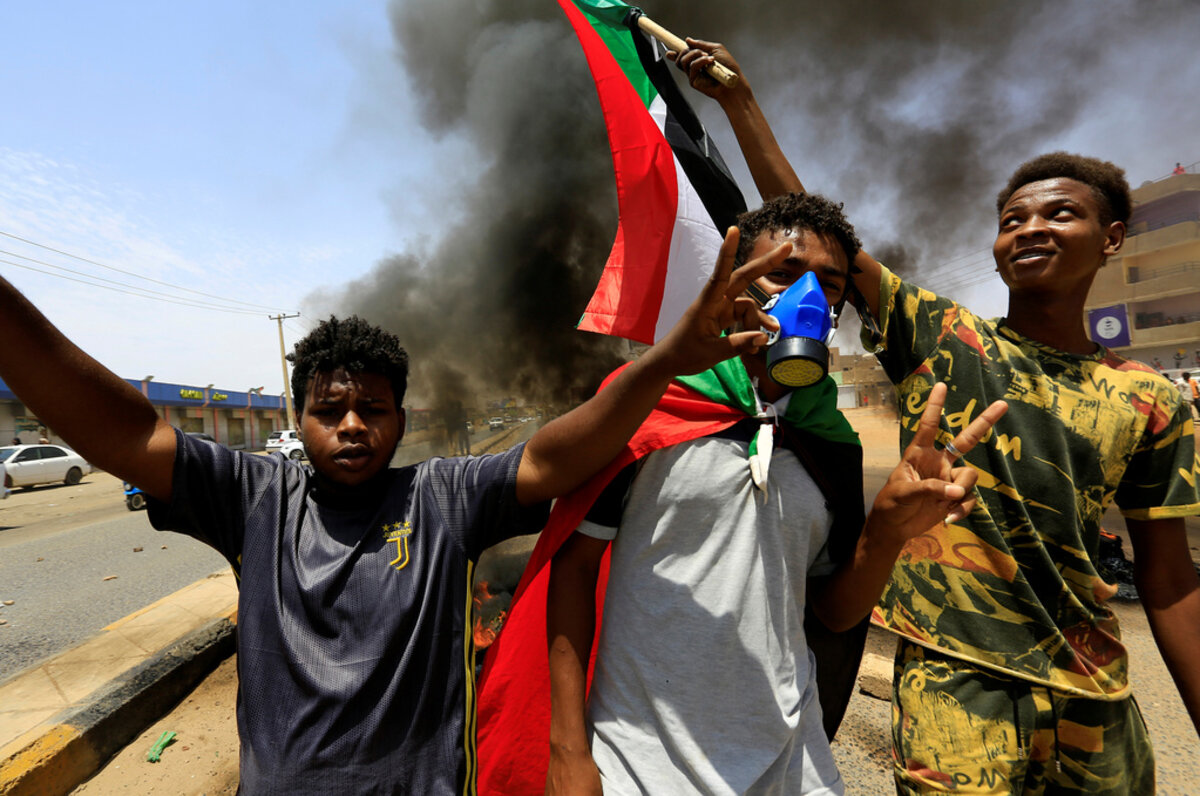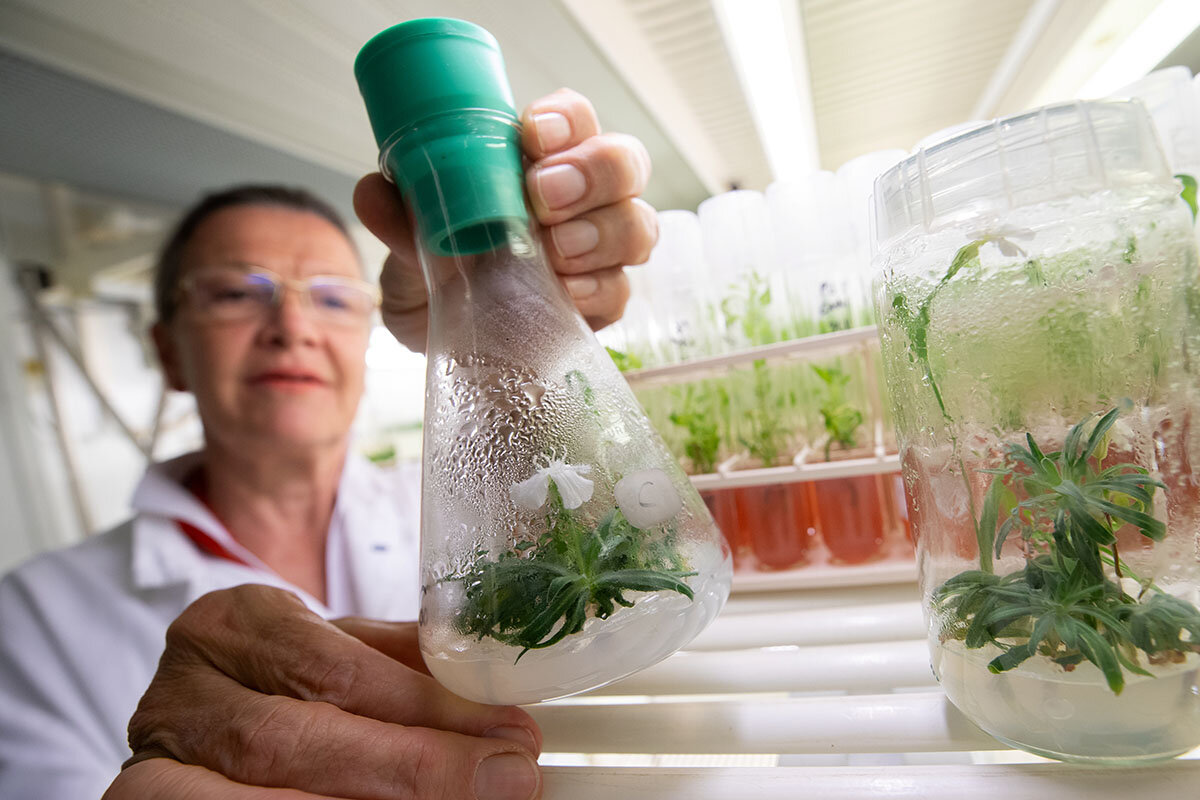Is the world winning the war on terror? On a global scale, yes. After peaking in 2014, the total number of deaths from terrorist acts has declined every year. So has the economic impact. Both have fallen by about half. Just as humanity has largely blocked the use of nuclear, chemical, and biological weapons, it could be bottling up the weapon of mass political violence against innocent civilians.
Much of that success came through military force, such as against Islamic State and Al Qaeda. Or from economic sanctions, such as against Libya, along with a pinching of the financial flows to terrorist groups. Also, governments are better at targeting domestic terrorists like anti-Muslim individuals and violent racist groups.
Yet force and sanctions are not the only tools. In two countries, Sudan and Lebanon, pro-democracy protests have recently put pressure on leaders to fully end the use of their countries as havens for terrorists. Sometimes fighting fire with fire isn’t the answer. The waters of political freedom and civic equality can douse the flames of terrorism.
In Lebanon, the Islamist group Hezbollah – which provides terrorist fighters to Iran for its meddling in other countries – holds sway over a divided nation. Yet since October, protests have pushed back against both Hezbollah and Lebanon’s ruling and corrupt elite. Youthful activists are demanding transparency and accountability instead of a system that now divides up power by religions and allows violence by Hezbollah.
Along with COVID-19, the protests have brought the government to its knees, exposing Lebanon’s weaknesses and putting the economy on the brink. To reform itself, the country badly needs foreign financial help. Yet that help comes with strings. One is the end of Hezbollah’s anti-democratic ways and the export of its terrorists.
“We are fully prepared to support a government that conducts real reforms and operates in a way that is not beholden to Hezbollah,” says U.S. Secretary of State Mike Pompeo.
While the standoff in Lebanon plays out, pro-democracy groups in Sudan are close to a major success. The United States is poised to take that African nation off its list of “state sponsors of terrorism.”
Once a haven for Al Qaeda, Sudan has steadily worked to quell violent Islamists. It still has work to do. The U.S. claims “facilitation networks” for ISIS still exist in Sudan. Yet since last year, when protesters forced the ouster of longtime dictator Omar al-Bashir, the country inched slowly toward elections in 2022 under a joint civilian-military system of governance. While progress has been halting, Sudan earned a big slap on the back on June 26. Some 40 countries and the World Bank pledged nearly $2 billion in loans and grants to the civilian-led cabinet of Prime Minister Abdalla Hamdok. The money may help prevent economic collapse.
Most important, the fact that the U.S. chipped in $352 million indicates it is close to taking Sudan off the list of terrorist-sponsoring states. Crossing that threshold would allow Sudan to renegotiate its burdensome debt and to receive foreign investment.
The people of Lebanon and Sudan can thank street protesters for putting their countries on the path to being peaceful, terrorist-free democracies. The world can also thank them for showing that the task of ending terrorism does not always need the muscle of military might and the brawn of economic sanctions. A change of heart by millions of democracy-seeking activists can also bring peace.
 David Clark Scott
David Clark Scott




